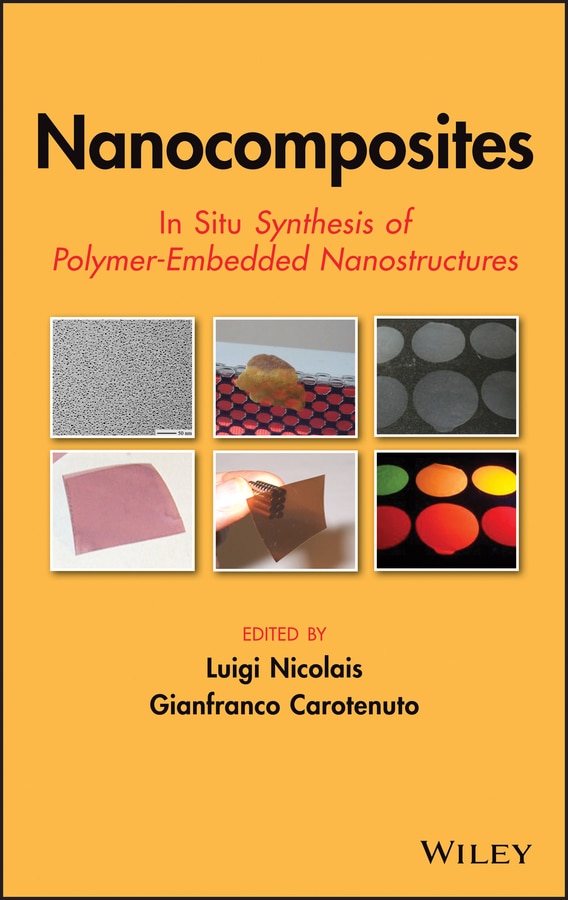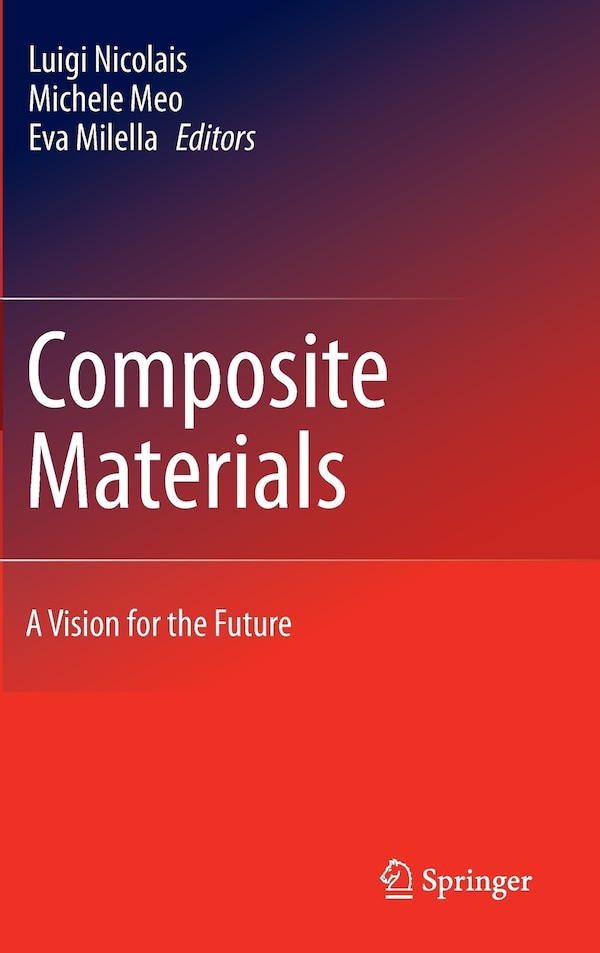Home
Lignocellulose Conversion by Vincenza Faraco, Hardcover | Indigo Chapters
Loading Inventory...

Lignocellulose Conversion by Vincenza Faraco, Hardcover | Indigo Chapters
From Vincenza Faraco
Current price: $248.50


From Vincenza Faraco
Lignocellulose Conversion by Vincenza Faraco, Hardcover | Indigo Chapters
Current price: $248.50
Loading Inventory...
Size: 1 x 9.25 x 9.79
*Product information may vary - to confirm product availability, pricing, shipping and return information please contact Coles
Bioethanol has been recognized as a potential alternative to petroleum-derived transportation fuels. Even if cellulosic biomass is less expensive than corn and sugarcane, the higher costs for its conversion make the near-term price of cellulosic ethanol higher than that of corn ethanol and even more than that of sugarcane ethanol. Conventional process for bioethanol production from lignocellulose includes a chemical/physical pre-treatment of lignocellulose for lignin removal, mostly based on auto hydrolysis and acid hydrolysis, followed by saccharification of the free accessible cellulose portions of the biomass. The highest yields of fermentable sugars from cellulose portion are achieved by means of enzymatic hydrolysis, currently carried out using a mix of cellulases from the fungus Trichoderma reesei. Reduction of (hemi)cellulases production costs is strongly required to increase competitiveness of second generation bioethanol production. The final step is the fermentation of sugars obtained from saccharification, typically performed by the yeast Saccharomyces cerevisiae. The current process is optimized for 6-carbon sugars fermentation, since most of yeasts cannot ferment 5-carbon sugars. Thus, research is aimed at exploring new engineered yeasts abilities to co-ferment 5- and 6-carbon sugars. Among the main routes to advance cellulosic ethanol, consolidate bio-processing, namely direct conversion of biomass into ethanol by a genetically modified microbes, holds tremendous potential to reduce ethanol production costs. Finally, the use of all the components of lignocellulose to produce a large spectra of biobased products is another challenge for further improving competitiveness of second generation bioethanol production, developing a biorefinery. | Lignocellulose Conversion by Vincenza Faraco, Hardcover | Indigo Chapters


















